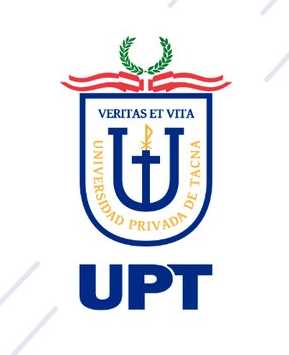Unconstitutional state of things and cases in the jurisprudence of The Peruvian Constitutional Court
Keywords:
Unconstitutional State of Affairs, procedural autonomy, Constitutional Court, public administration, primacy of the Constitution, validity of Constitutional Rights, expansive effectAbstract
The unconstitutional state of things is based on procedural autonomy, has as its object the cessation of the massive violation of fundamental rights of various people as a result of the structural failures of state entities, ordering the implementation of measures and reforms necessary to solve said state. A characteristic note is the expansion of the effects of the sentence on persons affected by this unconstitutional state of things that are not part of the constitutional process.
The unconstitutional state of affairs is not expressly regulated, nevertheless it is based on articles 51 and 201 of the Constitution, which enshrine the principle of supremacy of the constitution, as well as the role of the Constitutional Court as body of control of the constitution, autonomous and independent; In addition, articles VI and VII of the Preliminary Title of the Constitutional Procedural Code regulate the integrating power to supply the deficiencies and normative gaps for the solution of constitutional disputes, such as the application and interpretation of the legal norm according to the precepts and constitutional principles; there is no doubt that the declaration of the unconstitutional state of affairs fosters an adequate defense of the human person in his fundamental rights, and corrects the excesses of the public administration.





